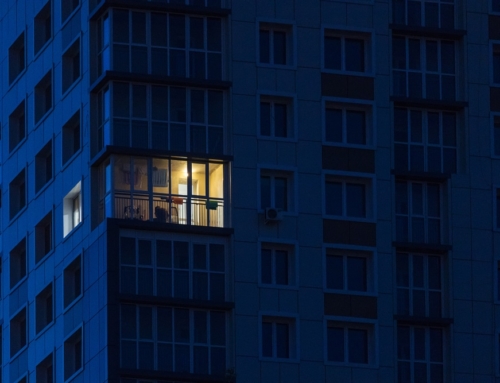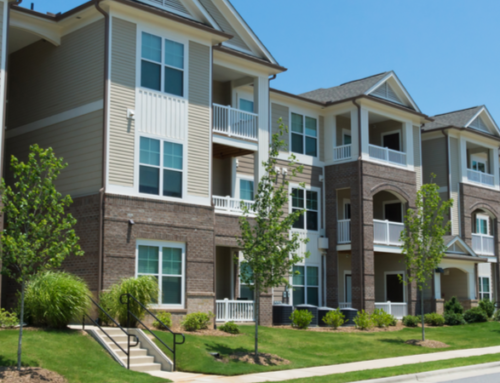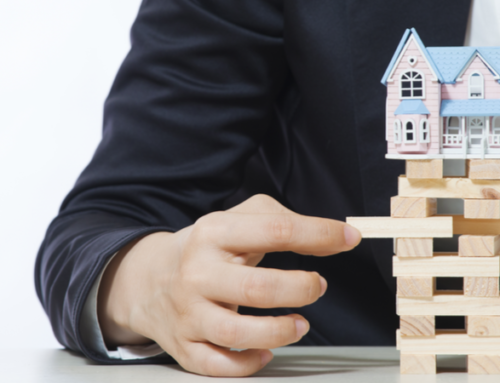Q: We are looking into buying some empty lots, or raw land, within our city limits. I’ve confirmed they are residential lots. What else do I need to do in order to figure out if these are a good investment? We own a home, but want another investment.
A: Vacant lots are an interesting investment. You’re betting that the value of the neighborhood will rise enough that someone will pay a lot more for the land on which they can build their own home.
Developers will often go into a neighborhood and buy up a number of parcels, and then build homes over the course of a few months or years, as demand dictates.
While you’ve done some research on your lot, and know it’s residential, you don’t know what kind of home can be built there. If you accumulate several parcels that are next to each other, you (or the developer you sell the land to someday) may be able to build a large apartment building. That could make your land much more valuable.
Visit your local building department and try to determine what type of building can be built on the property, and what the total square footage can be for each lot. You will also need to determine if there are any proposed changes to the zoning that may affect your lot and reduce its value. In some communities, zoning laws have been changed to permit only single family homes, or smaller homes or other changes that could affect the value of a vacant lot.
Finally, although it seems like real estate prices only go in one direction, they can fall. While the real estate taxes you’ll pay on a vacant lot are nominal, the neighborhood could take a turn for the worse and the value of your lot will plummet.
If this is a possibility in the neighborhoods in which you are searching for vacant lots, you may want to rethink this real estate investment.






Leave A Comment